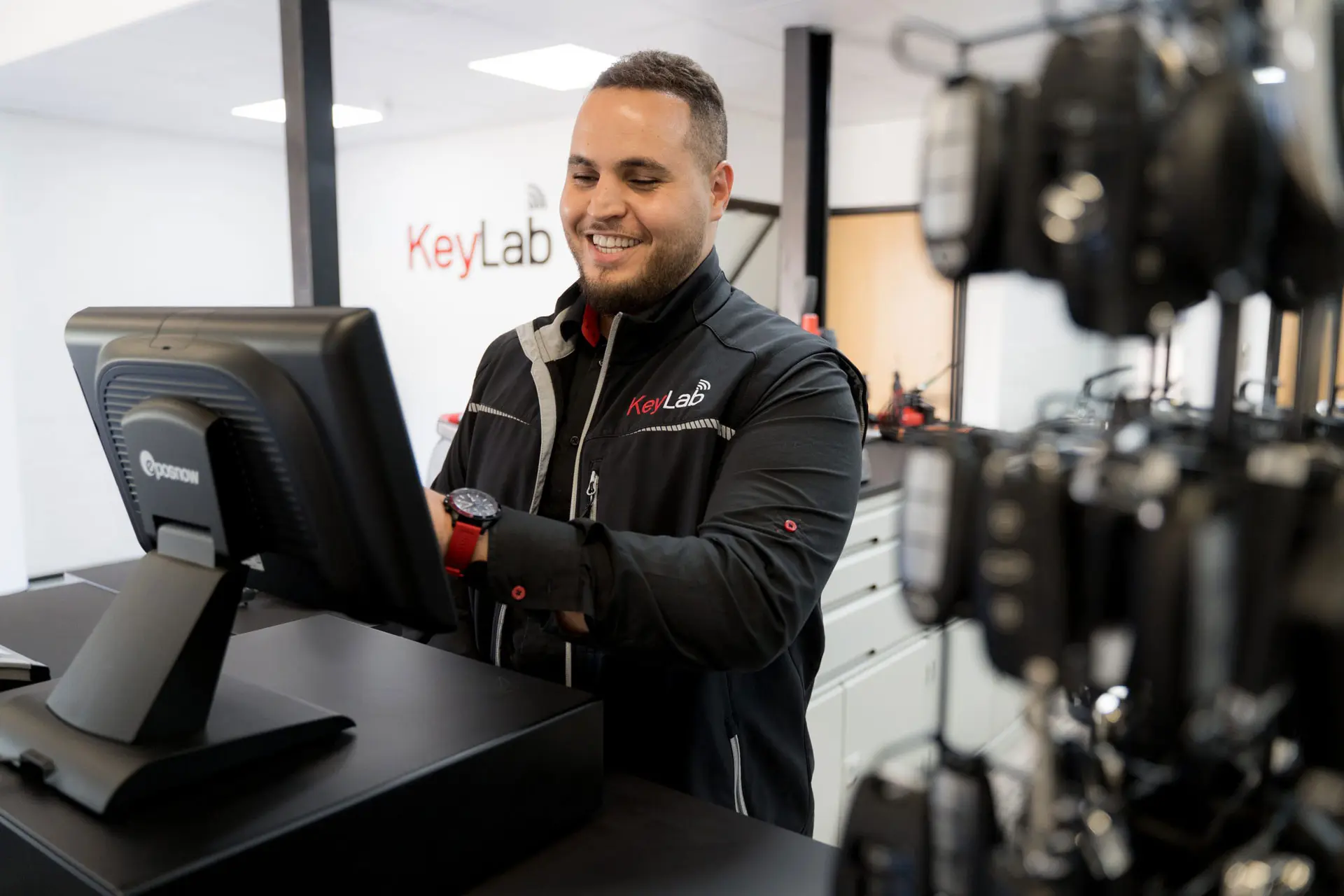What's The Current Job Market For Vehicle Lock Repairs Professionals L…
페이지 정보

본문

Vehicle Lock Repairs: Ensuring Safety and Security
In a world where vehicle theft and burglaries prevail, guaranteeing that a vehicle's locking system is functioning efficiently is vital for both safety and security. Vehicle lock repairs incorporate a range of fixes and upkeep treatments that address issues associated to locks and ignition systems. This article supplies an introduction of the types of vehicle lock problems, signs of breakdown, repair alternatives, and preventative procedures while also answering some regularly asked questions.
Comprehending Vehicle Lock Mechanisms
Vehicle locks employ different systems that differ amongst makes and designs. The primary elements of a vehicle lock system normally include:
- Key Cylinder: The part where the key is placed.
- Locking Bolt: Engages and protects the door when locked.
- Latch Assembly: Holds the door closed but can be disengaged when unlocking.
- Ignition Lock: Secures the ignition system of the vehicle.
Each of these parts can be vulnerable to use and tear or unexpected failure, resulting in lock-related issues.
| Component | Description | Typical Issues |
|---|---|---|
| Key Cylinder | Accepts the key to run the lock | Key jams, problem turning the key |
| Locking Bolt | Mechanism that protects the door when locked | Bolt misalignment, stuck bolt |
| Lock Assembly | Engages and disengages to protect the door | Broken lock, incorrect function |
| Ignition Lock | Protects the ignition to start the vehicle | Key will not turn, ignition failure |
Indications of Lock Malfunction
Vehicle owners ought to be alert for signs that their lock systems may be stopping working. Some typical signs of lock issues include:
- Difficulty Inserting Key: If the key does not easily suit the cylinder, there might be debris inside or use happening within the cylinder.
- Stuck Key: A key that gets stuck while turning can indicate internal damage or misalignment.
- Locked Door Will Not Unlock: If a door declines to unlock, it might be due to a malfunctioning locking bolt or lock.
- Uncommon Noises: Grinding or clicking sounds while trying to lock or unlock the door can indicate structural problems in the locking system.
- Faulty Remote: If the key fob is not responding, the concern may lie not just with the fob's battery however could also point towards problems in the lock receiver in the vehicle.
Fixing Vehicle Locks
Dealing with a vehicle lock problem can be complex, and while some repairs can be tackled at home, others might require professional help.
DIY Repairs
Some small lock concerns can be fixed without the help of a mechanic. Here are a couple of examples:
- Lubrication: Regularly apply a silicone-based lube to key cylinders and locks to prevent sticking.
- Clean the Key: Dirt on the key can cause jamming in the key cylinder. Tidy keys with rubbing alcohol to eliminate dirt or residue.
- Check the Battery in the Remote: For remote key fobs, verify that the battery is practical by testing it with another vehicle or having it changed.
Professional Repairs
For more substantial concerns, professional repairs might be needed. Common expert services consist of:
- Key Replacement: If the key is lost or damaged, a locksmith can develop a brand-new key or rekey the lock.
- Reprogramming Key Fobs: Sometimes the remote needs to be reprogrammed to sync with the vehicle's receiver.
- Comprehensive Lock Replacement: In extreme cases, entire locking systems might need replacement due to damage or wear.
Preventative Measures
To extend the life-span of vehicle locks and prevent issues, think about the following preventative steps:

- Regular Maintenance: Periodic inspection and lubrication of locks can avoid future malfunctions.
- Avoid Excessive Force: Handling keys and doors carefully can lower endure locking systems.
- Immediately Address Issues: If issues develop, resolving them without delay can prevent additional damage and more costly repairs.
Frequently Asked Questions
Q: How do I know if my vehicle lock requires repair?A: Look for indications such as trouble inserting the key, weird noises, or the door failing to lock or unlock. Q: Can I repair a stuck lock myself?A: Simple problems such as lubrication might
be fixed in your home; however, complicated issues usually need specialists. Q: How much does it cost to repair a vehicle lock?A: Costs can vary extensively based upon the concern and vehicle type. Standard repairs might begin around ₤ 50, whereas lock replacements can cost a number of hundred dollars. Q: What should I do if I lose my car key?A: Contact a locksmith or your car dealership for a replacement key. They may need your vehicle identification number (VIN )to develop a brand-new key. Q: Are aftermarket keys as trustworthy as original keys?A: Aftermarket keys can be less trustworthy than OEM keys, as they may not abide by the same specs and quality standards.
Preserving the integrity of a vehicle's lock system is
critical for overall security and safety. By acknowledging the indications of a breakdown, conducting suitable repairs, and carrying out preventative procedures, vehicle owners can avoid the trouble and prospective threats related to lock concerns. Ensuring that locks function correctly enhances not just the vehicle's safety however also the peace of mind of its owner.
- 이전글10 Walking Machine Tricks Experts Recommend 25.07.17
- 다음글Discover the Onca888 Community: Your Guide to Safe Online Betting and Scam Verification 25.07.17
댓글목록
등록된 댓글이 없습니다.
